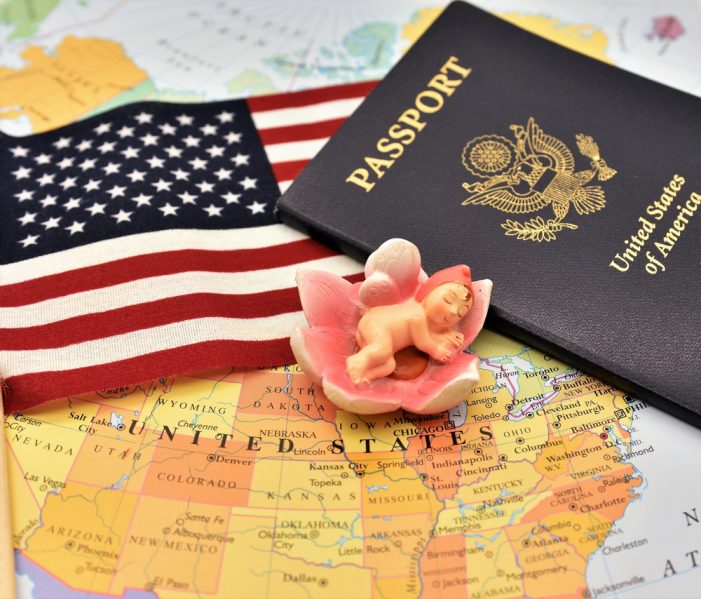By Esther Claudette Gittens
Click here to know your rights.
On January 23, 2025, U.S. District Judge John C. Coughenour issued a temporary restraining order blocking President Donald Trump’s executive order aimed at ending birthright citizenship, labeling it “blatantly unconstitutional.”
Background of the Executive Order
President Trump’s executive order, titled “Protecting the Meaning and Value of American Citizenship,” sought to redefine the Citizenship Clause of the 14th Amendment. Specifically, it aimed to deny automatic citizenship to children born in the United States to non-citizen parents, including those in the country without authorization or on temporary visas.
Legal Challenges and the Court’s Rationale
The executive order faced immediate legal challenges from multiple states and civil rights organizations. A coalition of 22 states, led by Washington, filed lawsuits asserting that the order violated the 14th Amendment, which guarantees citizenship to all individuals born or naturalized in the U.S.
During the proceedings, Judge Coughenour, a Reagan appointee, expressed skepticism about the constitutionality of the executive order. He emphasized that the 14th Amendment’s Citizenship Clause has been consistently interpreted to grant citizenship to nearly all individuals born on U.S. soil, regardless of their parents’ immigration status. In his ruling, he stated that the executive order was “blatantly unconstitutional,” underscoring that such a significant change to citizenship rights cannot be enacted unilaterally by the executive branch.
Implications and Future Considerations
Judge Coughenour’s decision to block the executive order serves as a critical check on executive authority, reaffirming the judiciary’s role in upholding constitutional protections. This ruling prevents the immediate implementation of the order, maintaining birthright citizenship for children born in the U.S. to non-citizen parents.
Legal experts anticipate that this case will progress through higher courts, potentially reaching the Supreme Court, given its profound implications on constitutional interpretation and immigration policy. The outcome of these legal battles will significantly influence the future of birthright citizenship in the United States.
In summary, Judge Coughenour’s ruling underscores the enduring strength of the U.S. Constitution in safeguarding individual rights against unilateral executive actions. It highlights the importance of the separation of powers and the judiciary’s vital role in interpreting and upholding constitutional principles.


